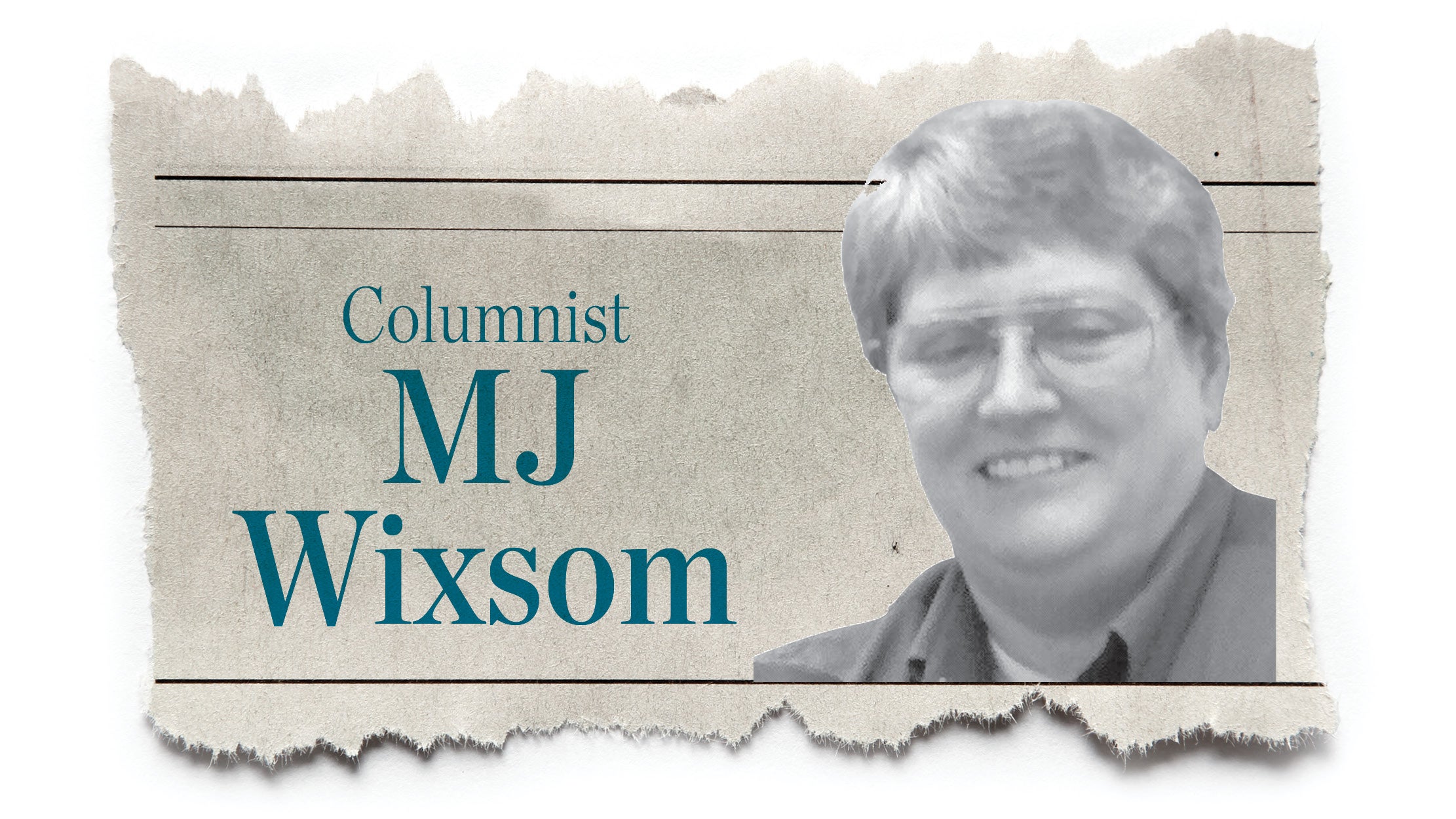Staying focused on the track of the believer
Published 5:00 am Sunday, August 4, 2024
Not long ago I was midway through a morning of errands trying to get caught up when I found myself in the bank drive through.
Having traveled most of the week there were deposits to be made, there were suits to pick up at the dry cleaners and a gas tank to fill.
Stopping at the bank, I retrieved the drive through container, inserted my signed check and deposit slip and after returning it to the holder I waited, and I waited and I waited… “come on folks” I said under my breath, while checking my email on my phone so I wasn’t wasting all my time.
That’s when I looked to the left and noticed the aforementioned “drive through container” with the checks and deposit slip inside still sitting where
I placed them many minutes before. I forgot to hit send!
It’s kind of funny when we forget to hit send at a bank drive through.
It’s a little more concerning when we think of how our electronic devices command our attention and focus.
It’s a bit scary when we consider how our focus, attention or lack thereof could affect our relationship with our creator and our eternity.
Coming to faith in Christ is one thing. Staying focused and on track as a believer is another.
Missing the obvious takes its toll on the sharpest minds and the most productive of souls.
Not that I am either, however I am very busy, and sometimes easily distracted. I read recently that your cognitive capacity is significantly reduced when your smartphone is within reach, even if it’s off.
That’s the takeaway finding from a new study from the McCombs School of Business at The University of Texas at Austin.
The findings suggest that the mere presence of one’s smartphone reduces available cognitive capacity and impairs cognitive functioning, even though people feel they’re giving their full attention and focus to the task at hand.
“It’s not that participants were distracted because they were getting notifications on their phones,” the report said, “The mere presence of their smartphone was enough to reduce their cognitive capacity.”
Have we become so wed to our personal devices that we’ve forgotten how to look around and use external cues?
Technology provides us with great information but so do our own eyes and brain.
The human brain, which has been called the most complex object in the known universe. In many ways, it’s the final frontier of science.
A hundred billion neurons, close to a quadrillion connections between them, and we don’t even fully understand a single cell… and yet, we can still miss a simple obvious opportunity to… well, you fill in the blank.
Eugene Peterson writes, “It is not difficult in such a world to get a person interested in the message of the gospel; it is terrifically difficult to sustain the interest.
In our kind of culture anything, even news about God can be sold if it is packaged freshly; but when it loses its novelty, it goes on the garbage heap.
There is a great market for religious experience in our world; there is little enthusiasm for the patient acquisition of virtue, little inclination to sign up for the long apprenticeship in what earlier generations called holiness.”
Staying focused matters much not only in the here and now, but to those who follow in our footsteps.
I remember hearing Ryan Dobson, James Dobson’s son, share this story… “The timeline for my father, James Dobson, goes back four generations to his great-grandfather.
My great-great-grandfather was on his way to kill a man when he was diverted to a tent revival in a small Texas town.
Instead of taking a life that night, M.V. Billingham gave his life to God. He left his gun on the altar. M.V. was unarmed, but after that he habitually deployed a secret weapon.
For most of his adult life, he routinely prayed for his son, for his son’s children, and for their children to the fourth generation . . . all the way to my dad. Whatever a “selfie” says about a person, this man was the opposite. With a strong sense of “more than me, more than now,” more than a century ago, he prayed for people he’d never meet. Did it make a difference? My family says yes. Among other things, my dad grew up aware of his place in a bigger story. He knew the next leg of the race was his to run; the baton was his to hand off… Who’s going to drop out of a relay like that? Not me. Once I grew up—I mean, once I matured enough to be humbled by his unselfishness—I committed to the intergenerational prayers too.”
Our children and grandchildren will be affected by our commitment or lack thereof.
The scriptures admonish us… “So, my dear brothers and sisters, be strong and immovable. Always work enthusiastically for the Lord, for you know that nothing you do for the Lord is ever useless.”
Pray it, live it and whatever you do, don’t allow your life to get so blurred by busyness that you forget to hit send!
Tim Throckmorton is the national director of Family Resource Council’s Community Impact Teams.






